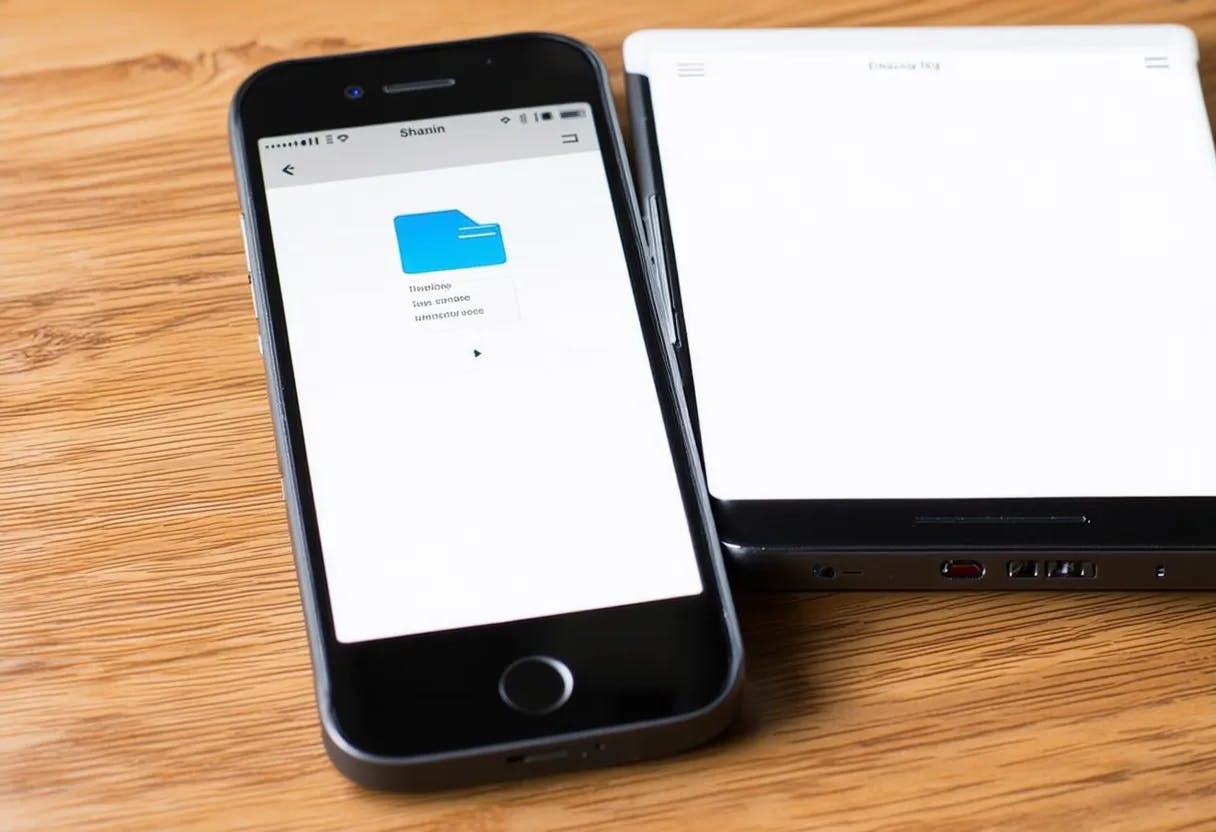189 reads
Verizon Cast as Scapegoat in Global P2P Piracy Crisis
by
July 22nd, 2024
Audio Presented by

Legal PDFs of important tech court cases are far too inaccessible for the average reader... until now.
About Author
Legal PDFs of important tech court cases are far too inaccessible for the average reader... until now.
